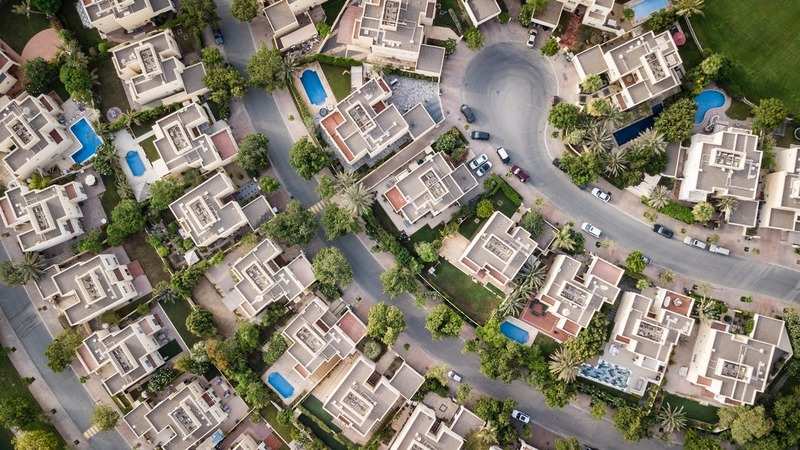

Finding the Best Location for Your Real Estate
Historically, real estate has shown to be an excellent source of profit due to the overall increase in investment property value over time. Of course, analysts cannot always predict real estate trends, which vary significantly across the United States. In fact, buying and owning real estate can be a lot more complicated than investing in stocks and bonds. In this article, Richard Josephberg, founder of Almorli Advisors, will go beyond buying a home and introduce you to some of the basic real estate investments.

Buying any type of investment while overlooking some important factors, means you’re throwing your money away. Since that is the last thing you would like to do, Richard Josephberg has provided you with the key facts of getting started in real estate investing. So, without further ado, let’s start!
Location is the most important aspect of the real estate business. When you’re in the market for a new piece of real estate, finding the right location is crucial to ensure strong long-term capital growth. Every real estate investor, regardless whether beginner or professional, must keep location in mind before investing in real estate. As Almorli Advisor’s first man, Richard Josephberg explains, the location of your income property determines the supply and demand, appreciation, operation costs and expenses, how much can you charge for rent, cash flow, and other factors that determine how profitable the investment property will be. Therefore, before getting started in real estate investing and buying your first income property, don’t make the mistake of buying the cheapest income property thinking it’s a bargain. The investment property will not be profitable if it’s not in the right location! The best locations are those with a continuous construction of investment properties, healthy economy, growing population, and job opportunities.
If you’re shopping for a commercial building, the one you choose will have a big impact on your business. Ideally, its size, layout, location and appearance should all enhance your operations while respecting zoning and environmental regulations. Commercial buildings come in a wide variety of shapes, locations and prices, so you have to know what your needs are and how much you can afford to pay. It's easy to become overwhelmed with the features and options available to you, adds Josephberg. He shares on his real estate blog that, once you've seen enough properties, write down the things you must have. Than make a wish list of features it would be nice to have, but which are not absolutely essential. A cash-flow analysis can help you determine whether you can afford to purchase a commercial property or if renting is your only option available.


Comments